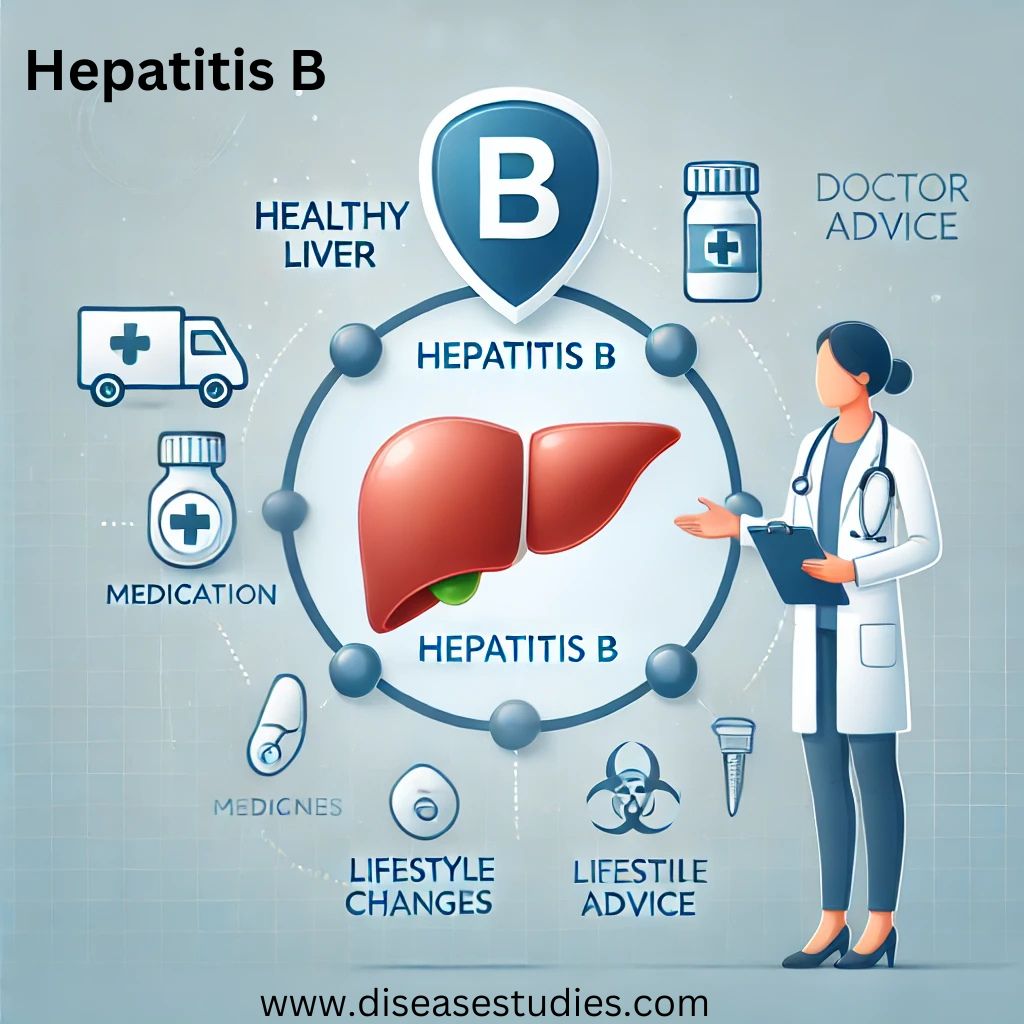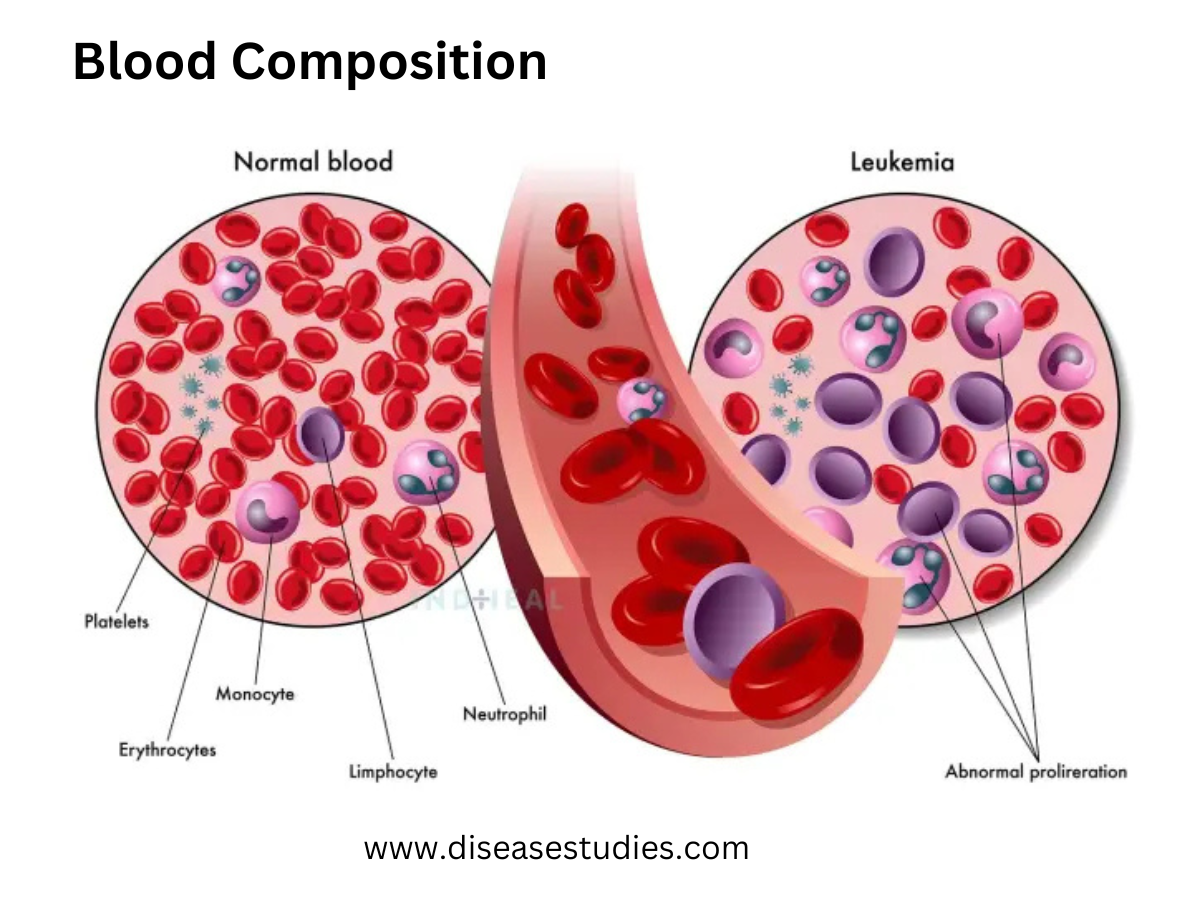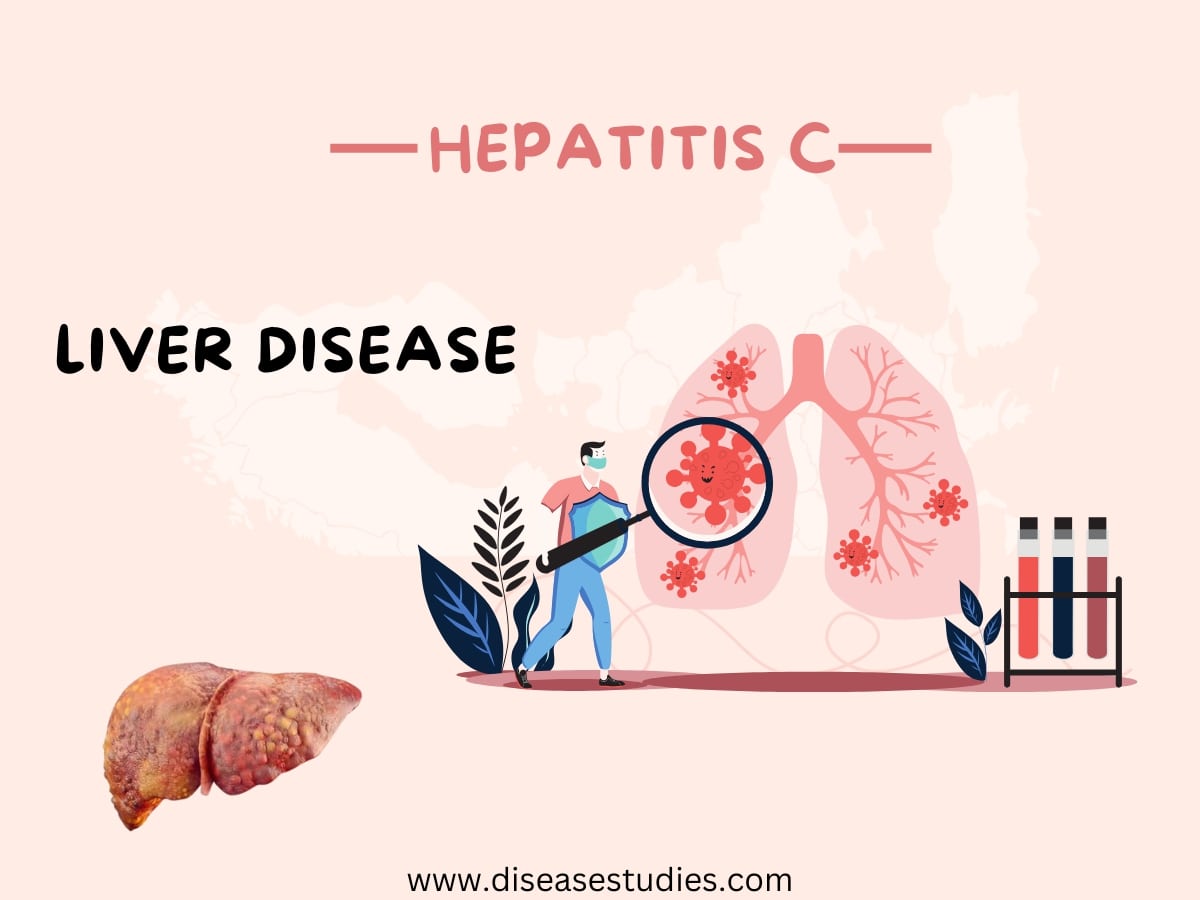
Understanding Hepatitis B:
What You Need to Know Hepatitis B is a serious infection of the liver caused by the Hepatitis B virus (HBV). It is a global health issue that affects millions of people each year. In the United States, it is less common compared to other parts of the world, but it still poses a significant health risk. This article will break down everything you need to know about Hepatitis B in simple terms, so you can understand the disease, its risks, and how to protect yourself and your loved ones.
What is Hepatitis B?
Hepatitis B is an infection that targets the liver, one of the most vital organs in your body. Your liver helps filter toxins, store nutrients, and produce bile to aid digestion. When the Hepatitis B virus attacks, it can cause inflammation and damage to the liver. If left untreated, this damage can lead to long-term problems like liver scarring (cirrhosis), liver failure, or liver cancer.
Types of Hepatitis B:
There are two main types of Hepatitis B
1. Acute Hepatitis B: This is a short-term infection. Many people recover from it within six months, and their immune systems clear the virus on their own.
2. Chronic Hepatitis B: If the virus remains in your body for more than six months, it becomes a chronic condition. Chronic Hepatitis B can last a lifetime and may lead to serious liver problems.
Causes of Hepatitis B:
Hepatitis B spreads through contact with infected blood, semen, or other bodily fluids. Here are the common ways it is transmitted:
1. From Mother to Baby: A mother with Hepatitis B can pass the virus to her baby during childbirth.
Unprotected Sex: Having sex with an infected person without using a condom can spread the virus.
Sharing Needles: This is common among people who use injectable drugs.
Using Contaminated Equipment: Sharing razors, toothbrushes, or medical tools that may have traces of infected blood can also lead to transmission.
Blood Transfusions (Rare): In countries with poor medical practices, infected blood transfusions may pose a risk.
Symptoms of Hepatatis B:
When symptoms do appear, they may include:
1. Fatigue (feeling very tired)
2. Fever
3. Loss of appetite
4. Nausea or vomiting
5. Dark urine (pee that looks like tea or cola)
6. Pale-colored stool
7. Jaundice (yellowing of the skin and eyes)
Hepatitis B is often called a “silent infection” because many people don’t experience symptoms, especially in the early stages. If you experience these symptoms, especially after possible exposure to the virus, see a doctor immediately.
Who is at Risk?
1. While anyone can get Hepatitis B, certain groups are at a higher risk, including:
2. Healthcare workers who handle blood and bodily fluids
3. People with multiple sexual partners
4. Those who inject drugs or share needles
5. Infants born to mothers with Hepatitis B
6. Travelers to regions where Hepatitis B is common (like parts of Asia and Africa)
7. People living with someone who has Hepatitis B
Diagnosing Hepatitis B:
If your doctor suspects Hepatitis B, they may recommend a simple blood test to check for the virus. This test can determine if you have an active infection, if you’ve been exposed in the past, or if you’re immune because of vaccination.
Treatment and Management:
The treatment for Hepatitis B depends on whether it’s acute or chronic:
Acute Hepatitis B: In most cases, rest and a healthy diet are enough to help your body fight the infection. Doctors may recommend drinking plenty of fluids and avoiding alcohol.
Chronic Hepatitis B: While there’s no cure for chronic Hepatitis B, treatments are available to manage the condition and reduce the risk of complications. These may include antiviral medications that slow the virus’s effects on your liver.
Regular check-ups with a liver specialist are crucial for those with chronic Hepatitis B to monitor their liver health and catch any issues early.
Vaccination: The Best Prevention
The good news is that Hepatitis B is preventable. The Hepatitis B vaccine is highly effective and safe. Here’s what you should know:
Who Should Get Vaccinated?
The vaccine is recommended for all infants, children, and adults who are at risk. Most people in the U.S. receive the vaccine as part of the routine childhood immunization schedule.
How Does the Vaccine Work? The vaccine teaches your immune system to recognize and fight the Hepatitis B virus. It typically involves a series of three shots over six months.
If you haven’t been vaccinated and are at risk, talk to your doctor about getting the shot.
How to Protect Yourself?
Aside from vaccination, here are additional ways to prevent Hepatitis B:
Practice Safe Sex: Always use condoms to reduce the risk of infection.
Avoid Sharing Needles: If you use injectable drugs, seek help to quit, and never share needles or syringes.
Don’t Share Personal Items: Razors, toothbrushes, and nail clippers can carry traces of infected blood.
Choose Safe Medical Practices: If you’re getting a tattoo or piercing, ensure the facility follows proper hygiene standards.
Living with Hepatitis B:
If you or someone you know has Hepatitis B, it’s important to understand that life doesn’t stop. With proper management and lifestyle changes, you can live a healthy and full life. Here are some tips:
Regular Monitoring: Visit your doctor regularly to check your liver health.
Eat a Healthy Diet: Focus on nutritious foods that support your liver, such as fruits, vegetables, and whole grains.
Avoid Alcohol: Alcohol can further damage your liver, so it’s best to avoid it entirely.
Stay Informed: Educate yourself about the disease and seek support groups or counseling if needed.
Debunking Myths about Hepatitis B:
There’s a lot of misinformation about Hepatitis B. Here are some common myths and the truth:
Myth: You can get Hepatitis B by sharing food or drinks with someone.
Truth: The virus doesn’t spread through casual contact, like eating together or hugging.
Myth: Only people with risky lifestyles get Hepatitis B.
Truth: Anyone can get the virus, even babies born to infected mothers.
Myth: Hepatitis B is always deadly.
Truth: With proper care and management, many people live long, healthy lives.
Global Efforts to Fight Hepatitis B:
Worldwide, efforts are underway to eliminate Hepatitis B through vaccination programs, awareness campaigns, and better access to healthcare. Organizations like the World Health Organization (WHO) and the Centers for Disease Control and Prevention (CDC) are working hard to educate the public and provide resources to those in need.
Final Thoughts:
Hepatitis B may be a serious disease, but it is preventable and manageable. Understanding how the virus spreads, recognizing the symptoms, and taking proactive steps to protect yourself can make all the difference. If you haven’t been vaccinated, talk to your doctor today. By staying informed and taking action, you can protect your liver and live a healthier, happier life.
Let’s work together to spread awareness and stop the spread of Hepatitis B. Your health matters, and knowledge is the first step to staying safe!






